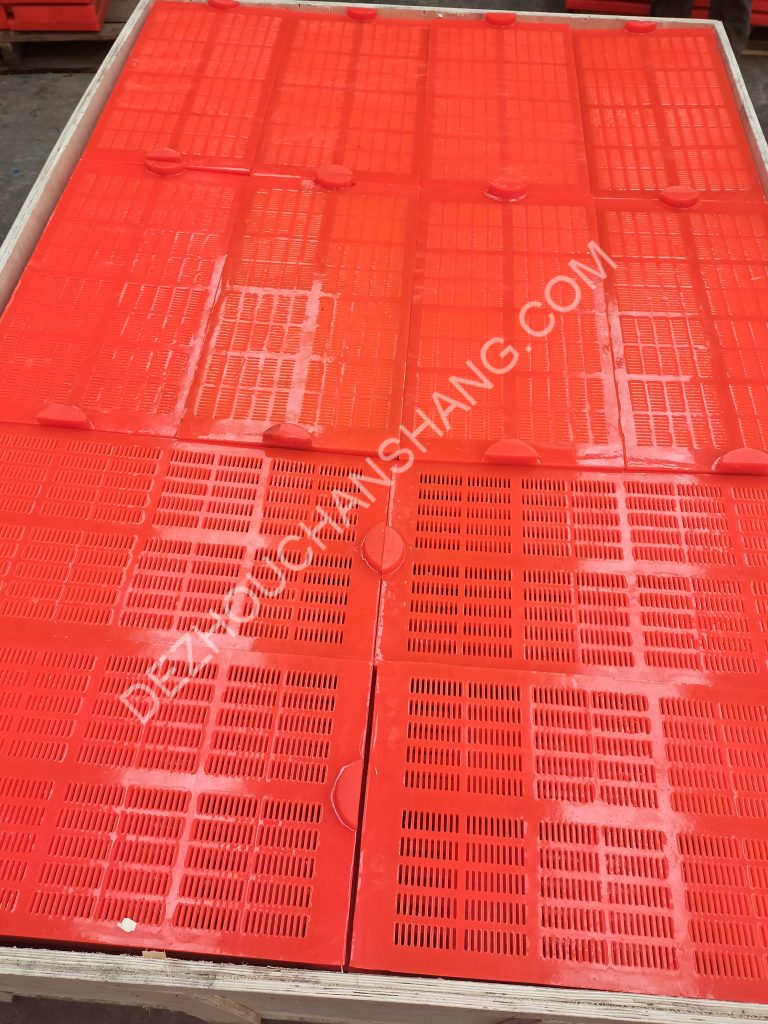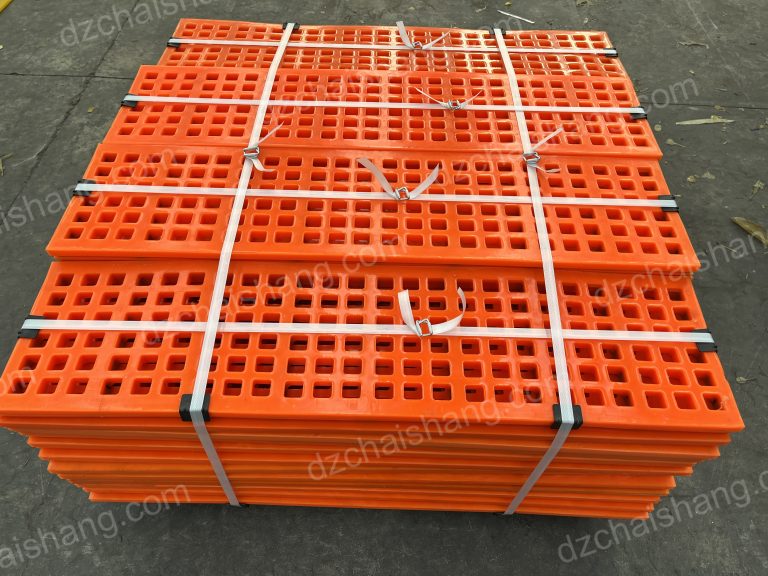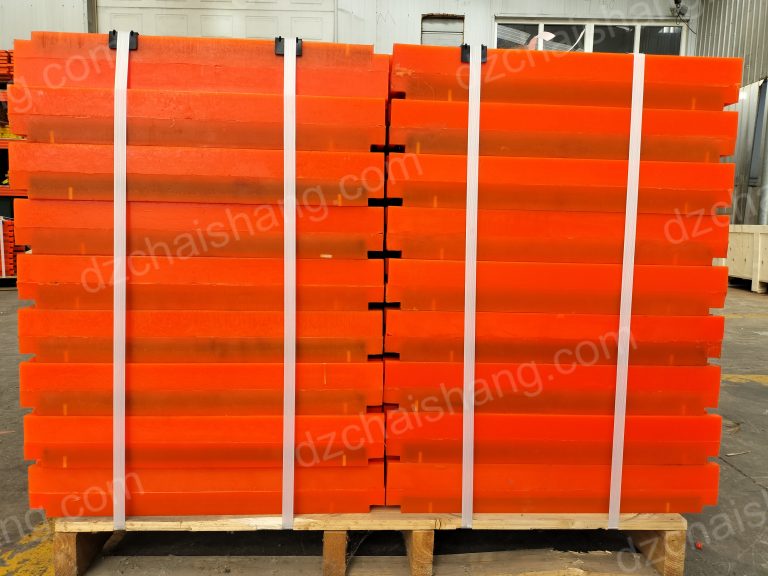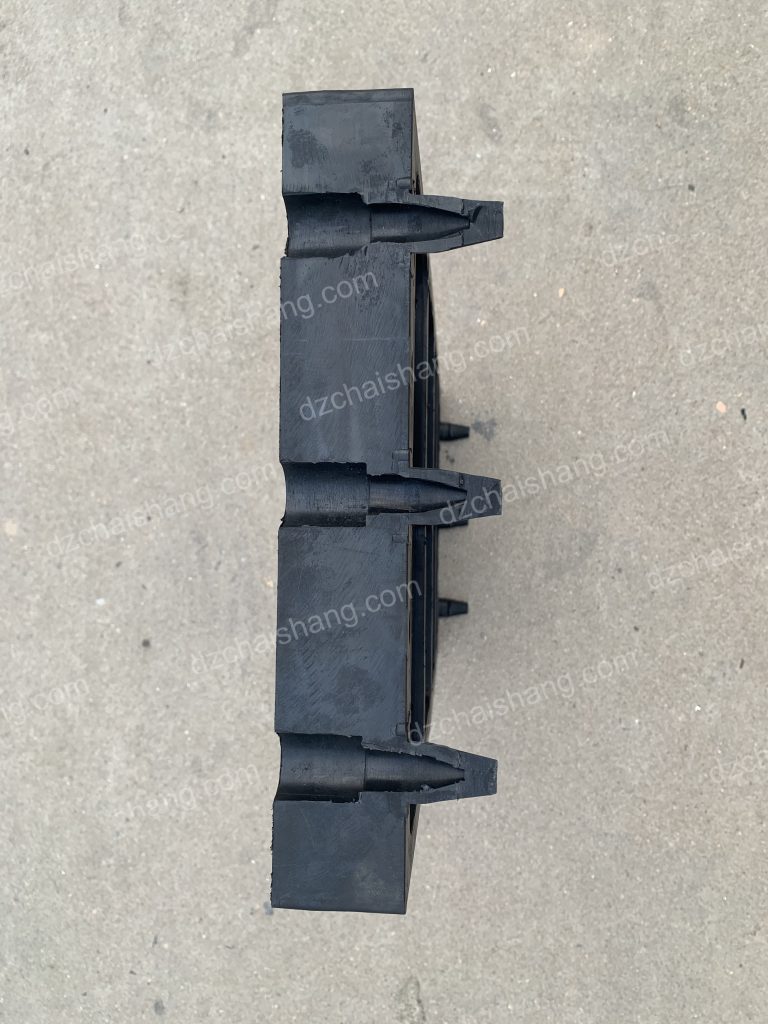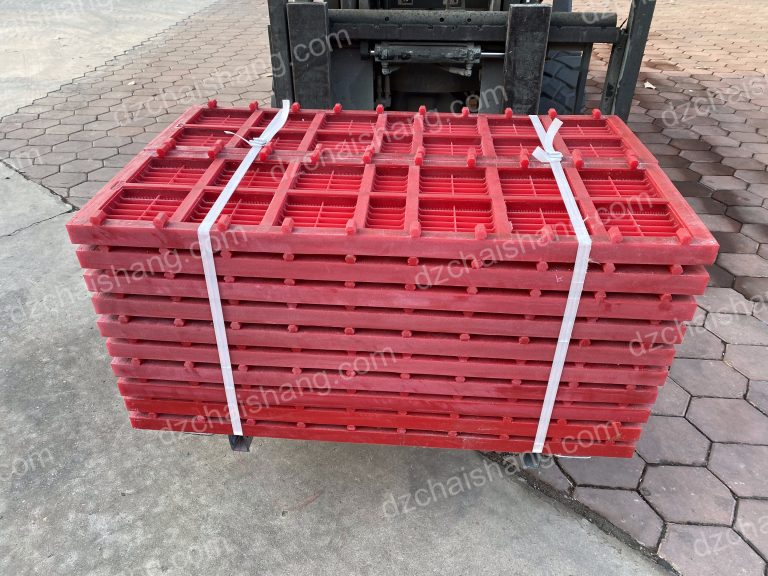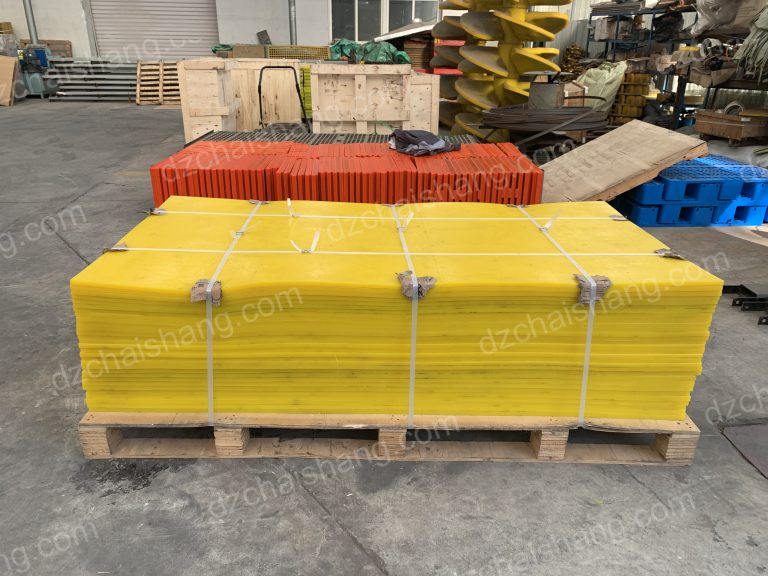mesh screen price,strongest screen mesh,polyurethane screen panel
Comparing Prices: mesh screen vs polyurethane screen panel In the realm of industrial screening, the choice of screening material plays a pivotal…
Comparing Prices: mesh screen vs polyurethane screen panel
In the realm of industrial screening, the choice of screening material plays a pivotal role in determining both the efficiency and longevity of the screening process. Two of the most popular materials in this domain are mesh screens and polyurethane screen panels. Each of these materials boasts unique properties and advantages, making the decision between them a matter of matching the right material to the specific needs of the application. This article aims to shed light on the comparative aspects of mesh screen and polyurethane screen panel, focusing on their prices, durability, and overall performance. Mesh screens, traditionally made from metal wires or synthetic fibers, are renowned for their versatility and adaptability to various screening needs. The price of mesh screens can vary significantly depending on the material used (e.g., stainless steel, aluminum, or polyester) and the mesh size. Generally, metal mesh screens are more expensive than their synthetic counterparts due to the cost of raw materials and the manufacturing process involved. However, the strength and durability offered by metal mesh screens often justify their higher price point, especially in applications where abrasion and corrosion resistance are paramount.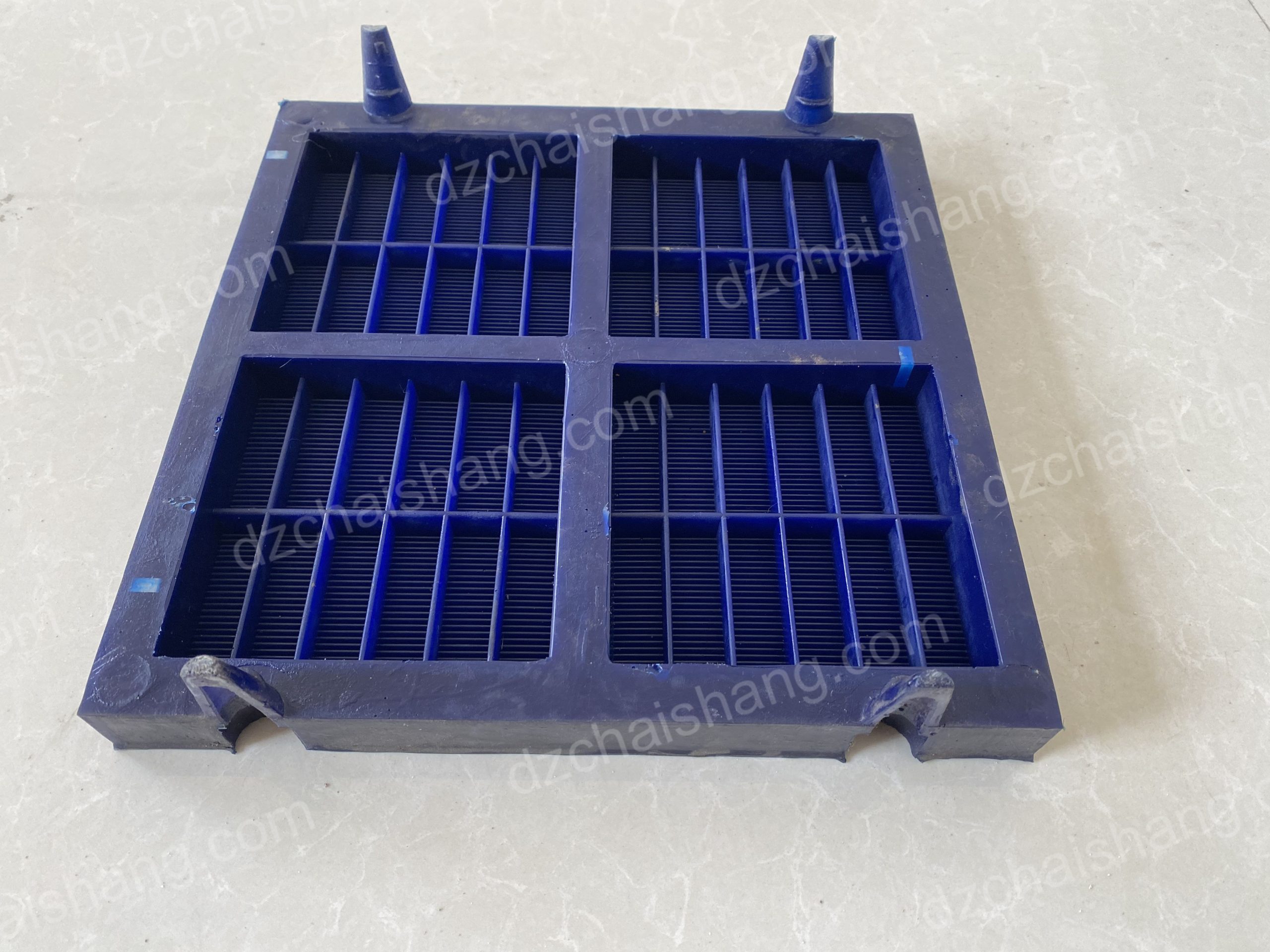 Transitioning from the conventional mesh screen, polyurethane screen panels introduce a modern approach to screening with their robust construction and innovative design. Polyurethane, a type of polymer, is known for its exceptional resistance to wear, tear, and environmental factors, making it an ideal material for harsh screening conditions. The price of polyurethane screen panels tends to be higher than that of standard mesh screens. This is attributed to the complex manufacturing process and the superior durability and longevity that polyurethane offers. Despite the initial investment, many industries prefer polyurethane screen panels for their cost-effectiveness over time, as they often require fewer replacements and maintenance interventions.
When discussing the strongest screen mesh, it is essential to consider the material and weave pattern. Metal mesh screens, particularly those made from high-tensile stainless steel, are considered among the strongest available. These screens are capable of withstanding high levels of mechanical stress and are less likely to tear or puncture compared to synthetic meshes. The strength of a mesh screen is crucial in applications where the material being screened is abrasive or heavy, as it directly impacts the screen’s lifespan and the quality of the screening process.
On the other hand, polyurethane screen panels are celebrated for their resilience and flexibility. Unlike rigid metal screens, Polyurethane Panels can absorb impact and return to their original shape, a property that significantly reduces the risk of damage and extends the panel’s service life. This elasticity, combined with polyurethane’s inherent resistance to wear and tear, positions polyurethane screen panels as a strong contender in the quest for the most durable screening solution.
In conclusion, the choice between mesh screens and polyurethane screen panels hinges on a careful consideration of price, strength, and the specific requirements of the screening application. While mesh screens offer a cost-effective solution with variable strength options, polyurethane screen panels stand out for their unmatched durability and performance in challenging conditions. Ultimately, the decision should align with the operational priorities and budget constraints of the user, ensuring that the selected screening material delivers the desired balance of efficiency, longevity, and cost-effectiveness.
Transitioning from the conventional mesh screen, polyurethane screen panels introduce a modern approach to screening with their robust construction and innovative design. Polyurethane, a type of polymer, is known for its exceptional resistance to wear, tear, and environmental factors, making it an ideal material for harsh screening conditions. The price of polyurethane screen panels tends to be higher than that of standard mesh screens. This is attributed to the complex manufacturing process and the superior durability and longevity that polyurethane offers. Despite the initial investment, many industries prefer polyurethane screen panels for their cost-effectiveness over time, as they often require fewer replacements and maintenance interventions.
When discussing the strongest screen mesh, it is essential to consider the material and weave pattern. Metal mesh screens, particularly those made from high-tensile stainless steel, are considered among the strongest available. These screens are capable of withstanding high levels of mechanical stress and are less likely to tear or puncture compared to synthetic meshes. The strength of a mesh screen is crucial in applications where the material being screened is abrasive or heavy, as it directly impacts the screen’s lifespan and the quality of the screening process.
On the other hand, polyurethane screen panels are celebrated for their resilience and flexibility. Unlike rigid metal screens, Polyurethane Panels can absorb impact and return to their original shape, a property that significantly reduces the risk of damage and extends the panel’s service life. This elasticity, combined with polyurethane’s inherent resistance to wear and tear, positions polyurethane screen panels as a strong contender in the quest for the most durable screening solution.
In conclusion, the choice between mesh screens and polyurethane screen panels hinges on a careful consideration of price, strength, and the specific requirements of the screening application. While mesh screens offer a cost-effective solution with variable strength options, polyurethane screen panels stand out for their unmatched durability and performance in challenging conditions. Ultimately, the decision should align with the operational priorities and budget constraints of the user, ensuring that the selected screening material delivers the desired balance of efficiency, longevity, and cost-effectiveness.

